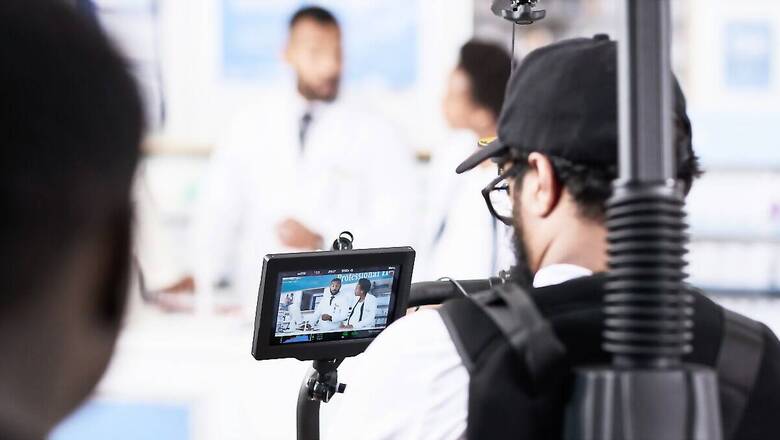
views
The Ministry of Health and Family Welfare is working on a proposal to incorporate digital platforms and videography for use during raids, inspections, and sample testing at pharmaceutical companies, News18 has learnt. The aim is to minimise bias, the scope of bribery and corruption, and bring transparency to the process.
The proposal was put forward before the 62nd Drugs Consultative Committee in September, a copy of which has been accessed by News18.
According to the document, DCC was apprised that consideration of the use of digital platforms for improving transparency in the inspection, drawing, and testing of samples has been discussed at the “higher level of the government”.
It said the Ministry of Health and Family Welfare is working on platforms for drug inspectors and exploring “videography” to maintain the sanctity of the inspection process.
“Digital platforms can also be leveraged to prevent corruption and reduce the scope for discretion. For instance, D/o H&FW is working on the online entry of recommendations during the inspection by drug inspectors. Other technologies such as videography may be leveraged to prevent tampering of samples, the integrity of drug-testing processes etc,” the proposal said.
The panel recommended preparing standard protocols first. The committee has suggested the government prepare SOPs (Standard Operating Procedures) for videography for sample receipt, seal opening, and sample distribution to the analyst.
Further, the document said, the committee discussed that “the laboratory head may visit any of the Central Forensic Laboratory (CFL) to get an idea regarding their procedures before preparing the SOP in this regard.”
It also decided to form a sub-committee comprising two persons from the central and state laboratories each along with one officer from CDSCO and one technologist to deliberate further and give recommendations.
According to industry experts, the move will bring much-needed transparency as many pharma companies are alleged to be friendly with state drug officers leading to an unholy nexus of neglecting good manufacturing practices in return for favours.
“The health ministry smelled that racket due to which it is planning to bring such strict provisions for inspections,” said an industry veteran who runs a medium pharma company in Himachal Pradesh and wished to remain anonymous.


















Comments
0 comment